To prostrate in a mosque. To sing in a church. To meditate. To perform prayer. These acts are often recognized as religious or spiritual, but at their core, they share one essential purpose: to be mindful; to pause, reflect, and align more consciously with one’s values.
The phrase “be mindful” has gained global traction, especially among younger generations immersed in digital culture. It has surfaced in popular trends like the “be demure and mindful” movement, and in conversations around modern spirituality and psychology.
Yet, mindfulness is not a purely modern concept. It is deeply embedded in traditional religious rituals, even if that connection is not always made explicit.
Today’s youth are increasingly blending mindfulness, therapy, and theology, redefining what it means to practice faith in a self-aware, intentional way.
Connecting Spirituality and Self-Awareness
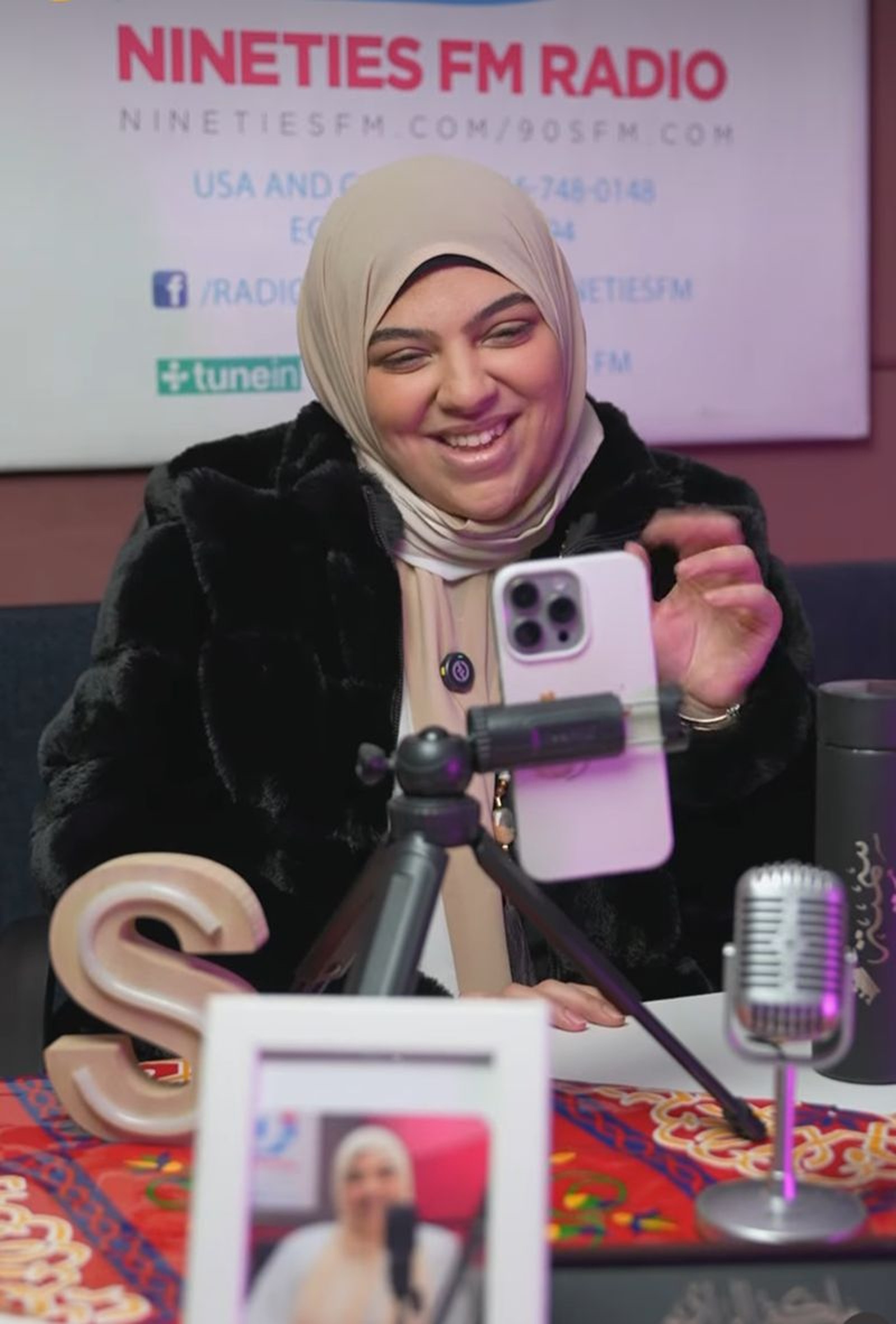
When you search for spirituality online, you are likely to come across serene, aesthetically curated images of people in peaceful, meditative states. But the truth is, spirituality is not always so polished.
It can be a difficult, often messy journey of self-awareness, one that involves confronting and validating heavy emotions like anxiety and depression.
For Somaya Ayman, a psychology student and the founder of her own spiritual platform and radio program on Radio 90sFM, her spiritual journey did not start with certainty or confidence; rather, it began with fear and anxiety.
“I used to have really bad insomnia,” she recalls. “Sleeping was difficult because when I was a year old, my grandmother passed away. My mom would tell me stories about how scared my grandmother was of the tomb, and how dark it was.”
As a child, this filled Somaya’s mind with anxiety regarding death and the afterlife.
“I used to wonder what she was feeling down there,” she says.
For some, fear may be viewed as a negative emotion that distances one from faith. But for Somaya, it planted the first seed of spiritual connection.
“People might see fear as something negative,” she adds. “But for me, it pushed me to turn to God. The Quran calmed me as a child, and still does.”
Turning to God provided Somaya with a sense of safety during her childhood, a time when she struggled to feel understood and secure around others, largely due to her anxiety.
“I felt like my emotions were often dismissed. I was labeled ‘too sensitive.’ We saw doctors, but no one could really explain what I was going through,” she recounts.
She remembers skipping school and spiraling deeper into isolation due to her struggles with anxiety, until one day, she turned inward.
“I wanted more than just rituals. I wanted to actually feel safe with God. I can’t fully describe it, but I started to feel God’s beauty,” she explains. “I realized that the anxiety and depression I was experiencing weren’t punishments. They were the doorway to something more meaningful.”
This reframing—that emotional turmoil can be a path to closeness with God—has shaped Somaya’s spiritual journey.
“We’re taught that if we get close to God, everything in life will be perfect. But real spirituality isn’t about perfection. It’s about patience. It’s about being okay with the trials, not just the triumphs,” she says.
Her spiritual journey deepened when she began exploring God’s 99 names in Islam, such as “The Compassionate” and “The All-Encompassing”.
“Once I understood that God accepts me even in my imperfections, I stopped focusing so much on rules. Spirituality isn’t about obsessing over whether my prayer was flawless. It’s about the relationship I have with God. It’s about trust,” she tells Egyptian Streets.
This realization also transformed how she treats others.
“I stopped being judgmental. I used to think being spiritual made me better than others, but now I know arrogance often comes from shame,” Somaya says. “We all make mistakes, just in different ways. Now, I try to treat people with more love and understanding.”
Spirituality as an Essence of Being
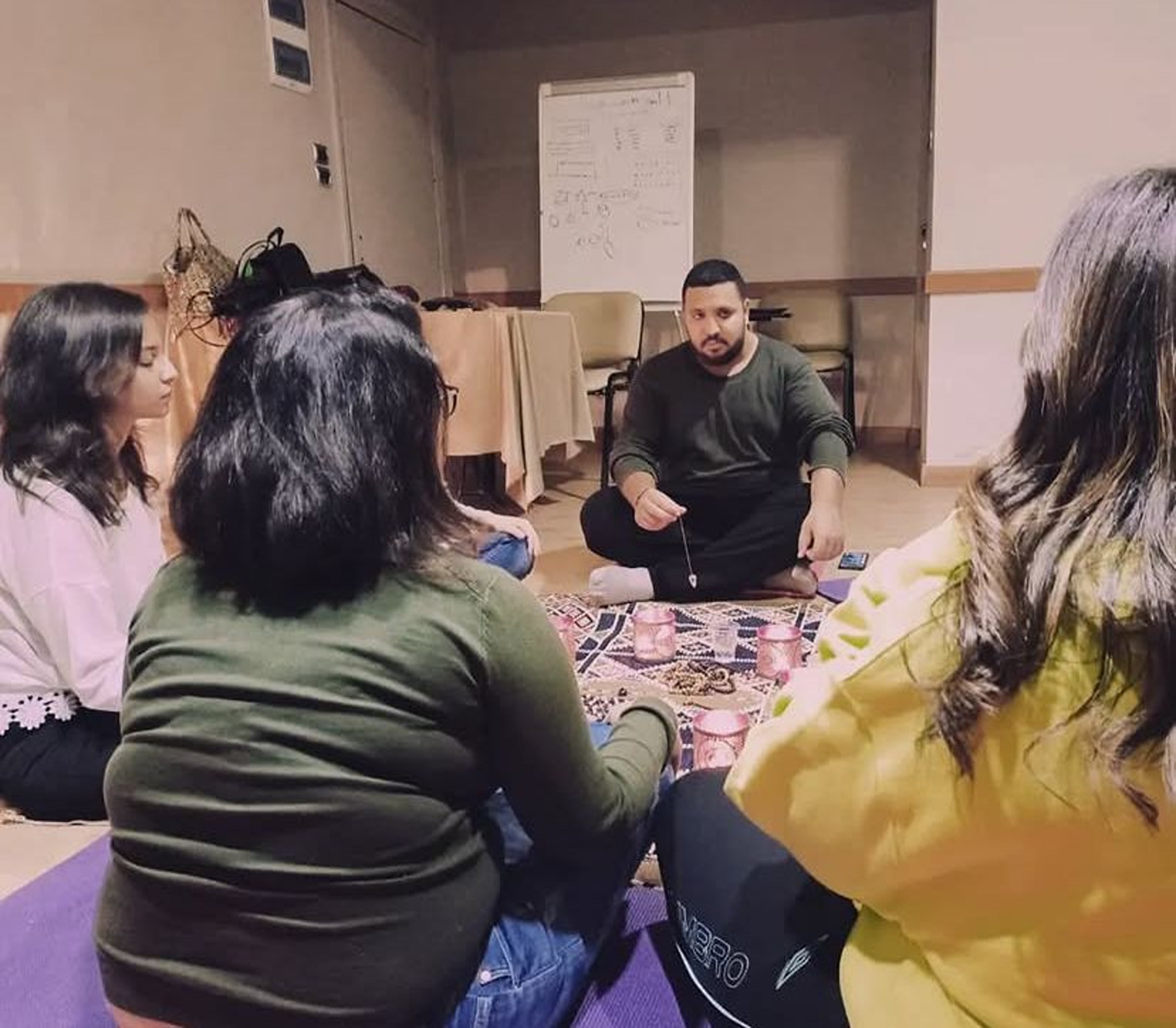
When someone enters a meditation session, the experience can sometimes feel so powerful that it brings them to tears, not out of sadness, but because the meditation helps them recover deep emotions or memories they may have repressed over time.
Anas Turky, founder of Ananda Spiritual Holistic and Wellbeing, who regularly organizes Sufi Meditation sessions, spirituality does not begin with simply following cultural traditions. It begins with self-awareness: being attuned to one’s inner world, emotions, and surroundings.
“When you hear the modern phrase ‘be mindful,’ it’s not just a trendy spiritual slogan, it’s something deeply rooted in our faith,” Anas tells Egyptian Streets.
“There are many verses in the Quran that echo this, like ‘And in yourselves, will you not see?’ which invites us to turn inward. That’s the foundation of what I share in my sessions: the idea that well-being and self-awareness are inherently tied to religion and spirituality.”
At just 16 years old, Anas began to question the spiritual practices and rituals passed down to him by his parents and teachers.
“I started to wonder why we do what we do,” he says. “The rituals were always there, but I wanted to feel the essence of them, not just follow out of fear or routine.”
That curiosity led him on a path of self-discovery that has continued into adulthood. Over time, Anas’s relationship with spirituality shifted.
“Spirituality used to feel very boxed in, like it belonged only to specific times or places,” Anas explains. “Now, it’s about wholeness. I see how these practices can flow into every part of life: relationships, career, even healing from trauma.”
His exploration has led him to embrace practices like dynamic meditation, QiGong (body-posture and movement exercises), breathwork, and yoga. However, he explains that these are not foreign to Islamic tradition– they simply reflect elements already embedded in it.
“When you look mindfully, you see that these body-based and breath-based practices exist in our own heritage too. It’s all about the lens you’re using,” he tells Egyptian Streets.
For example, Anas highlights the resemblance between mantras and Quranic recitations.
“The science behind mantras and singing bowls is actually very close to what we find in Quranic texts,” Anas explains.
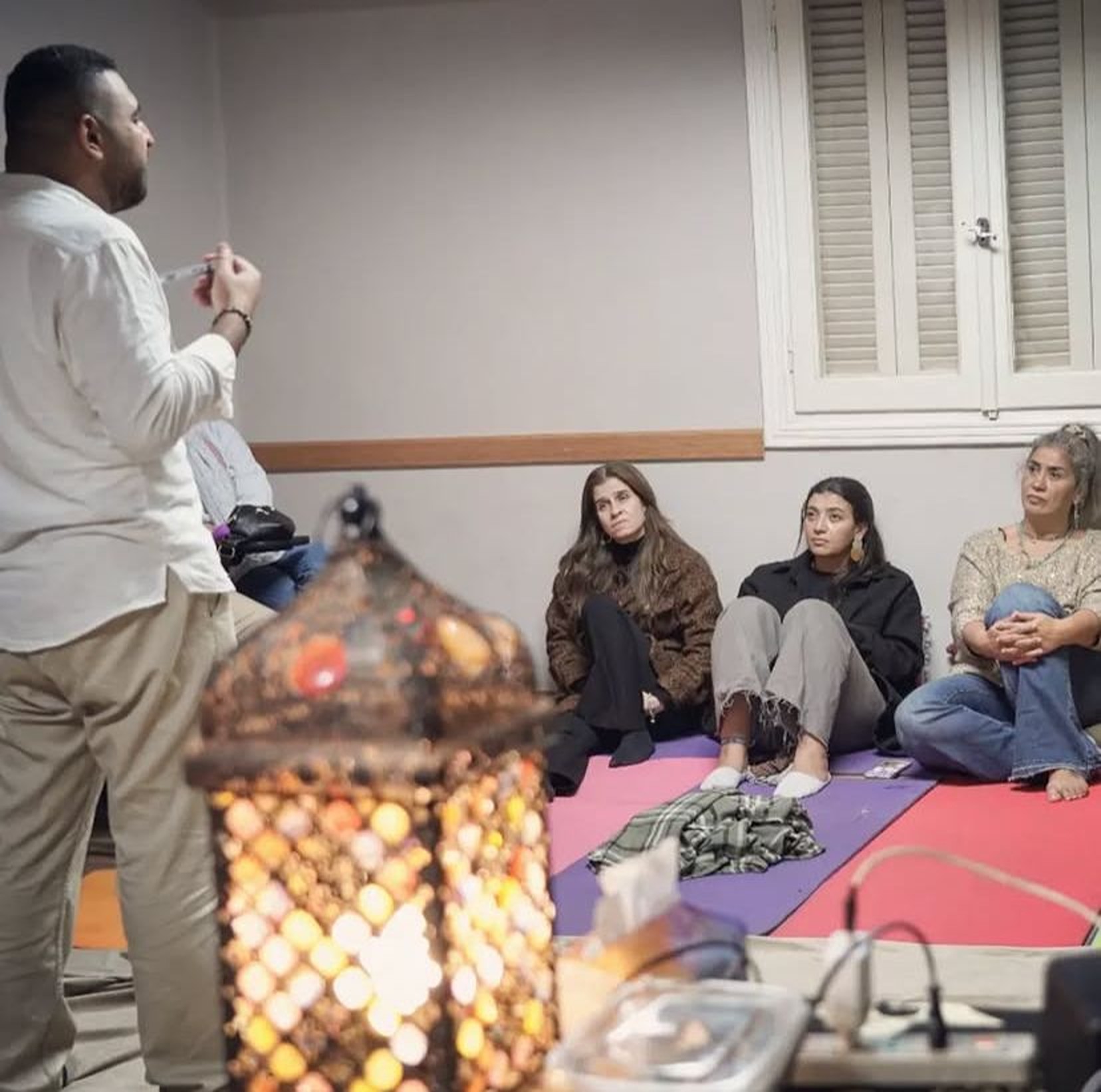
Certain words and sounds in the Quran have the power to highlight specific meanings or shift one’s consciousness to a different state of mind, he explains. For example, when reciting the 99 names of Allah, it is not just a matter of reading them, it is about truly embodying them.
“With breathing exercises and meditation, those words become alive within you. It’s similar to other spiritual practices like mantras or sound healing with singing bowls,” he adds.
Practices like Qigong also resonate deeply with practices in Islam.
“In Qigong, you move your hands through the air and feel the energy, like placing your hand in water and sensing the current,” he says.
In Islamic prayer, Anas compares it to practicing Qigong five times a day, often without being aware of it. The energy at sunrise differs from that at sunset, and through prayer, Muslims are guided to align and connect with these natural shifts.
After exploring and practicing various spiritual philosophies and mythologies, Anas came to see the common threads that run through them all, realizing that it is often just the language and labels that differ.
“Instead of appreciating the message, people often get stuck on the labels. They use them to create division: ‘I’m right, you’re wrong.’ But if we look past the label and focus on the value these teachings offer, we gain a deeper appreciation and benefit from them spiritually,” he says.
This is what he focuses on in his Sufi Meditation sessions, which emphasize the spiritual value within Islamic theology, whether or not you identify as Muslim.
People from all backgrounds attend: atheists, Christians, foreigners. “Just as a Muslim might take a yoga class without becoming Hindu, you can engage with Sufi practices without judgment or the need for religious conversion,” he says. “It’s about experiencing the core of the practice, not getting caught up in the label.”
For Somaya, viewing spirituality as a state of being has also shaped how she engages with religious rituals.
“It’s not just about Ramadan. Spirituality is how you live every day. It’s how you talk to yourself, how you handle failure, and how you show compassion,” she explains.“It has to be a real journey, one where you finally make peace with yourself after years of doubt.”
While prayer remains central to her connection with God, it is no longer the only way she nurtures her faith. She has developed rituals that integrate emotional awareness, mindfulness, and a conscious pursuit of peace, which are practices that mirror her background in psychology.
One of these rituals is simply walking.
“Walking is a ritual for me,” she shares. “When I walk, I feel connected to nature, and through it, to God.”
It is in the stillness of the early morning, or under the colors of a setting sun, that she often listens to Quranic verses through her headphones. This, she says, becomes a kind of meditation, much like a moving prayer.
“There are times I’ll see something simple, like a rainbow or the warmth of the sun, and I’ll start crying. Not because I’m sad, but because I feel overwhelmed by God’s beauty, by the capacity of God’s creation,” she explains.
This act of walking becomes a safe container for emotional processing, a space where she can validate her feelings rather than suppress them.
She has also learned to pause and be mindful when negative emotions arise, taking the time to acknowledge them rather than letting them build up.
“That, too, is a form of worship. Being honest with yourself and with God.”
Spaces for Spiritual Practice and Expression
Young people are now turning to new spaces—both digital and physical—to explore spirituality in different ways, whether through therapy, meditation, or other practices.
Somaya’s platform, which began anonymously when she was just 16, has evolved into a space for spirituality and mental health. Now in her late twenties, she hosts a weekly radio show that blends psychology with faith, helping listeners understand how emotional wellness is tied to spiritual clarity.
“We often think we have to pray just to get to heaven, without even understanding who we’re praying to,” she says. “You can’t pray sincerely unless you have a relationship with God. And that starts with understanding the nature of God.”
Through her radio show on Radio90sFM, which airs as a podcast and on Facebook, she merges psychology with Islamic principles.
“There are psychological barriers that prevent people from connecting with God. We first need to understand ourselves. That’s the root of all spirituality,” Somaya says.
She is now planning workshops that explore topics like mental health, relationship dynamics, and spiritual well-being, especially for young people trying to reconcile faith with modern life.
“I believe therapy is a form of worship. Working on your inner self strengthens your connection with God. My goal is to help people build that relationship, not through shame or fear, but through love and curiosity,” she adds.
In 2018, Anas also founded Ananda Holistic and Wellbeing, a space dedicated to helping others experience spirituality as a healing and relaxation practice. One of its core offerings is Sufi Meditation and Zikr, a four-hour immersive experience that blends traditional methods with contemporary insight, such as breathing and meditation exercises.
Each Sufi meditation session is divided into two parts: theory and practice. It starts with a lecture and discussion, and then moves into the experiential part, such as breathing, meditation, and zikr (remembrance of God).
“These elements combine to create a spiritual experience that helps you enter a trance-like state and gradually uncover deeper parts of your unconscious mind,” he says. “It’s like playing a piano, each word or breath is a note that evokes something hidden inside you. Some words stir memories, emotions, or questions from your past.”
The zikr includes the 99 names of God, verses from the Quran, or sayings of the Prophet. Each session can focus on a theme, such as intuition or creativity, using names like ‘Al-Baseer’ (The All-Seeing) or ‘Al-‘Aleem’ (The All-Knowing).
“These practices can be especially powerful for people working in creative or media fields who want to tap into a deeper source of inspiration,” he says. “People don’t want compartmentalized lives anymore. They want integration. Peace of mind and spirituality run through everything, even in people’s careers.”
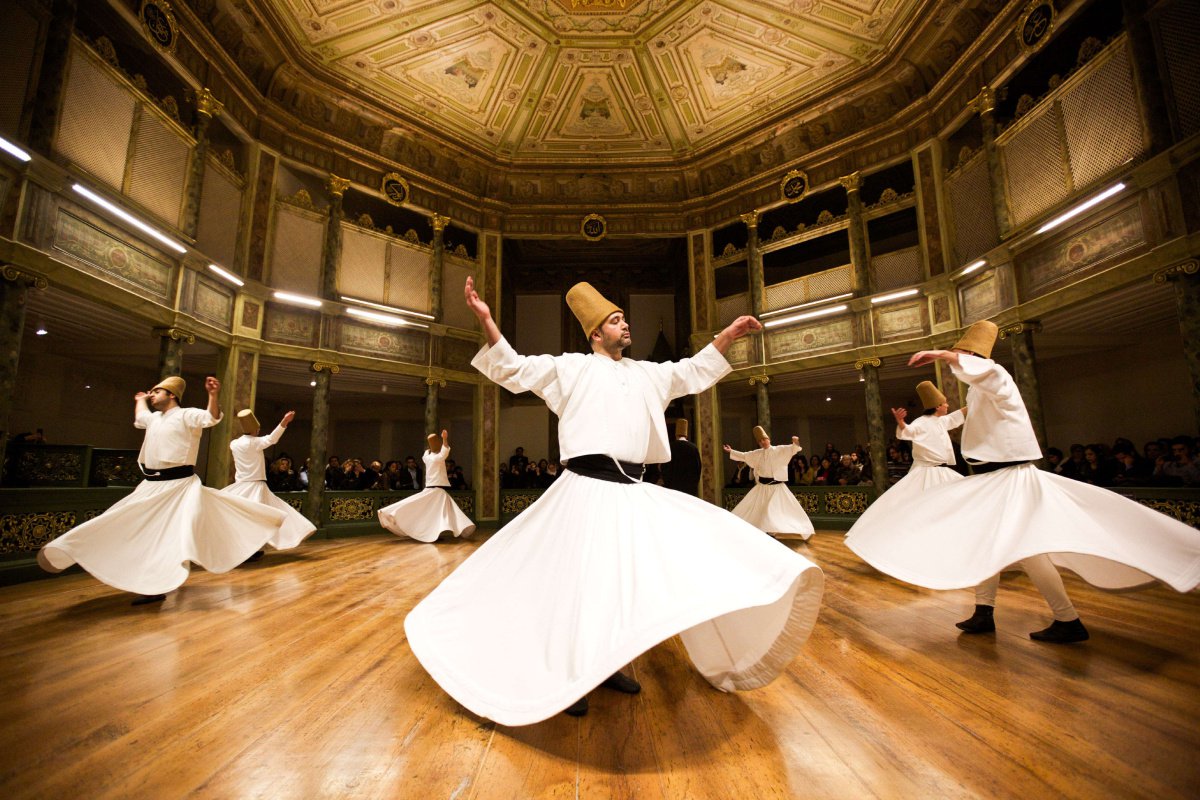



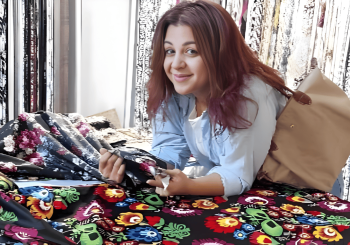
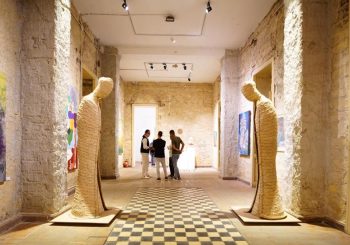

Comments (0)